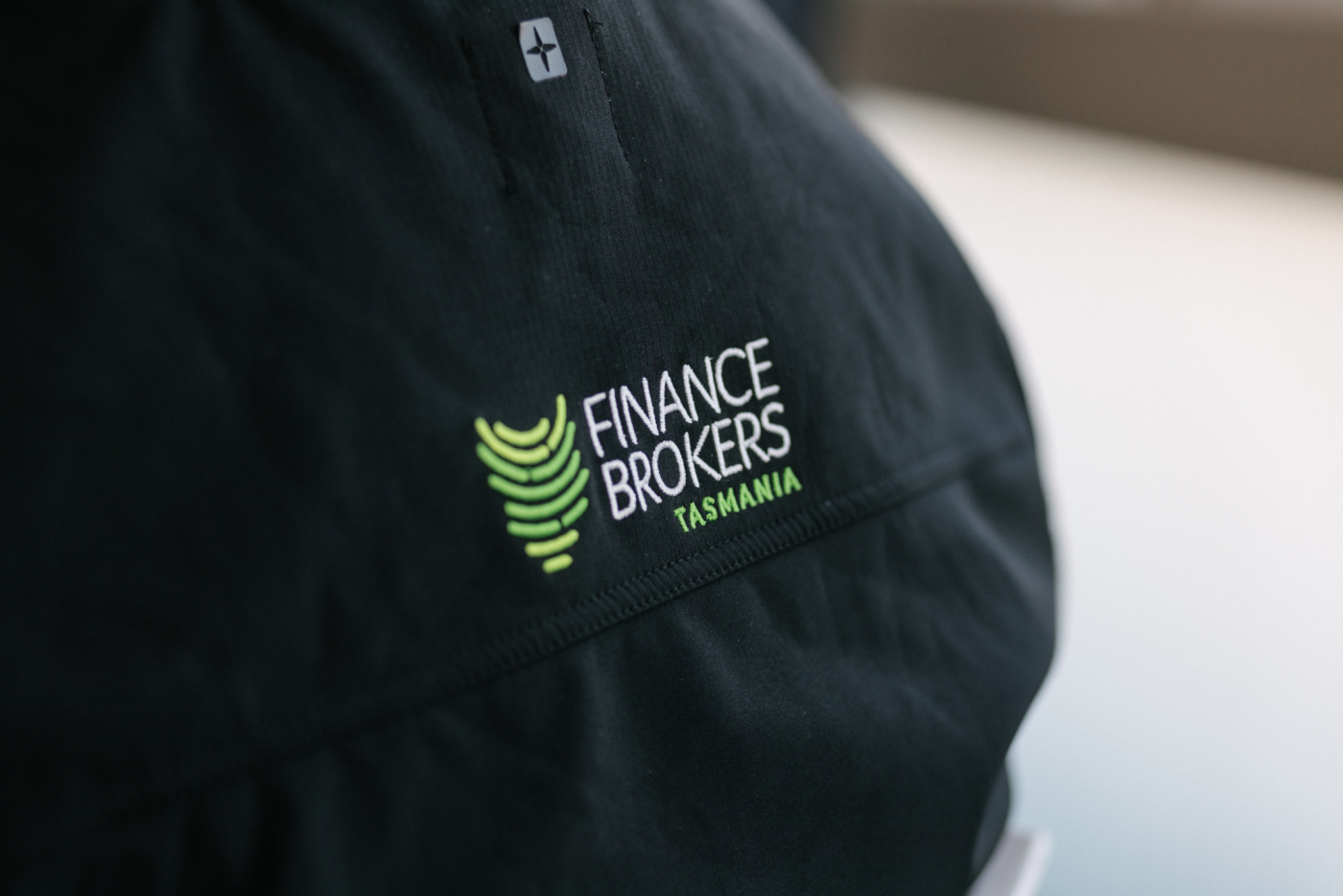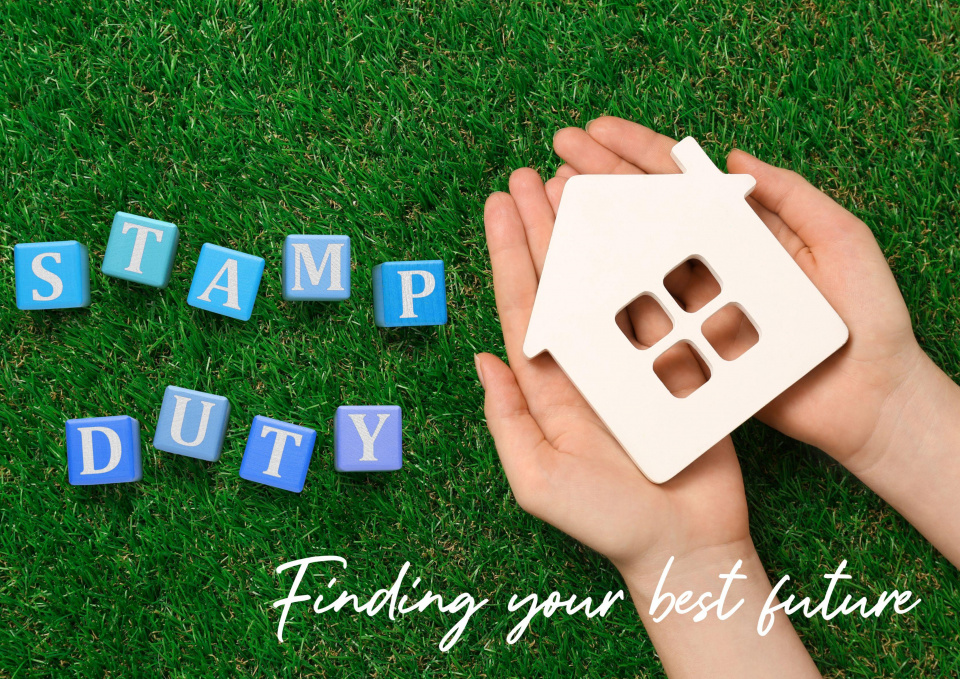Let’s get down to business… loans, that is!
If you’re one of the 37,000 small businesses in Tasmania, you may be looking at obtaining finance to grow your business. We’re happy to talk you through your options – but one of the things you’ll need to know whether you are applying for a secured or unsecured loan.
Knowing and understanding the right type of loan you can apply for will help you in the future by easing your financial troubles – giving you more time to work on your business.
Let’s have a look at these two types of loans in detail.
Secured loans:
A secured loan means that you will have collateral to secure or support your loan – such as property, accounts receivable, or inventory. If you use property as security, the bank holds the title until the loan is repaid.
Secured loans usually offer higher loan amounts, with lower interest rates, and longer loan terms – so lenders want more assurances that you can repay on time. This means they have stricter business requirements to meet, which may include:
- You’ve operated your business for at least two years
- You have an annual revenue of at least $50,000
- You have an income at least 1.25 times greater than your total expenses
- You have a detailed business plan
Secured loan applications are more likely to succeed if your business is more established, particularly with value assets and a strong credit history. If you don’t think your business will meet the stricter requirements of a secured loan, you might want to consider an unsecured loan.
Unsecured loans
While secured loans will usually have something to secure the loan, unsecured loans are supported only by your credit history. An example of an unsecured loan is a credit card.
As unsecured loans do not require security, there’s a bigger risk to the lender. This means higher interest rates, lower borrowing limits, and shorter repayment terms.
The business requirements are less strict, which enables more small businesses to apply. You may need to provide documentation such as:
- Your business registration
- Evidence your business has operated for at least six months
- Annual revenue of at least $50,000
- Evidence of your credit history
- A detailed business plan and explanation of how you intend to use the funds
If your application for an unsecured loan is rejected, you may still be able to apply for a secured loan if you have adequate security.
If you have any questions about commercial loans, we’d love to help you out. Contact our brokers to chat about the best finance options for your small business.





